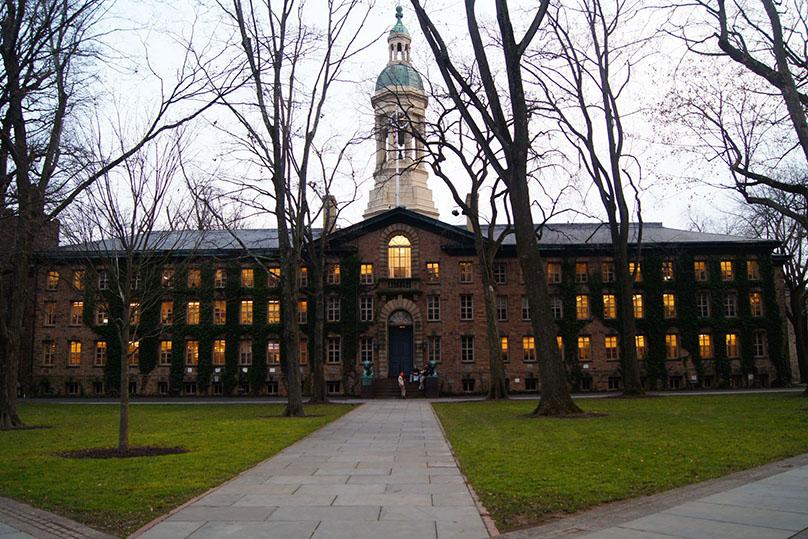What’s in a name?
December 1, 2015
Princeton is perhaps one of the most iconic universities of America – an Ivy League school located in the city of the same name in New Jersey, whose alumni includes such giants of history such as James Madison, John F. Kennedy and Sonia Sotomayor. Among these giants stands the man who lead the nation through World War I, President Woodrow Wilson, a man now immortalized across Princeton’s campus, and is the namesake of its Woodrow Wilson School of Public Affairs. However, recently both the school and Wilson have come under fire from its student body, which calls for the removal of the former President’s iconography from the campus, and most notably from its school of Public Affairs. Although Wilson was a member of the Progressive party, he was a strong advocate of segregation, particularly in the South. Some members of the student body, organized by members of the Black Justice League, participated in a 32-hour sit-in outside of the Princeton President’s office. In the end, school administrators decided to sign an agreement with the student protesters, in which they agreed to consider changing the names of buildings around campus for the sake of cultural sensitivity.
Erasing Wilson’s name and history from the Princeton campus is simply not the answer to this debate. While I do certainly agree that many of Wilson’s viewpoints on race and immigrant relations during his presidency are inexcusable for an American leader, whitewashing and sterilizing a campus of a controversial figure is not a means of addressing how he should be seen, but rather one that allows us to forget and ignore that the history of this nation hasn’t always been pretty. Embarking on a crusade to remove all controversy from college campuses simply isn’t realistic, and rather than broadening the American perspective, it narrows it. Every historical figure has skeletons in their closet, no matter how virtuous they might seem on the surface. When judging an individual in history, the sum of their achievements should be examined – not just the good, or the bad by itself. By erasing evidence of his existence, we can’t even come to judge him in the first place.
Moreover, although Wilson may have said a lot of awful things, he did quite a bit of good for this country, and on the scope of international politics, he made unprecedented moves towards global cooperation with his Seven Points address and his instrumental role in the formation of the League of Nations. By erasing his name, Princeton loses an important part of its legacy. He is a prestigious alumnus who ascended to presidency, and thus is a testament to the academic prowess of the institution. While his remarks were egregious, they were characteristic of the spirit of the time – a spirit quite often shunted into the footnotes of history books.
Once again, by removing his name instead of holding any real conversation about how this history of this nation is told, we defeat the purpose of analyzing ourselves as a nation. We are a nation of plurality, not singularity, and this removes any chance for us to have a plurality of opinion.
So, all in all, while Wilson may not be the most sparkling of idols, he is not some vile figure to be forgotten completely. Rather, his enduring legacy should be the subject of scrutiny, but not destruction – to create opinions and examine the state of this nation, and how we define what it means to be in the Land of the Free.







